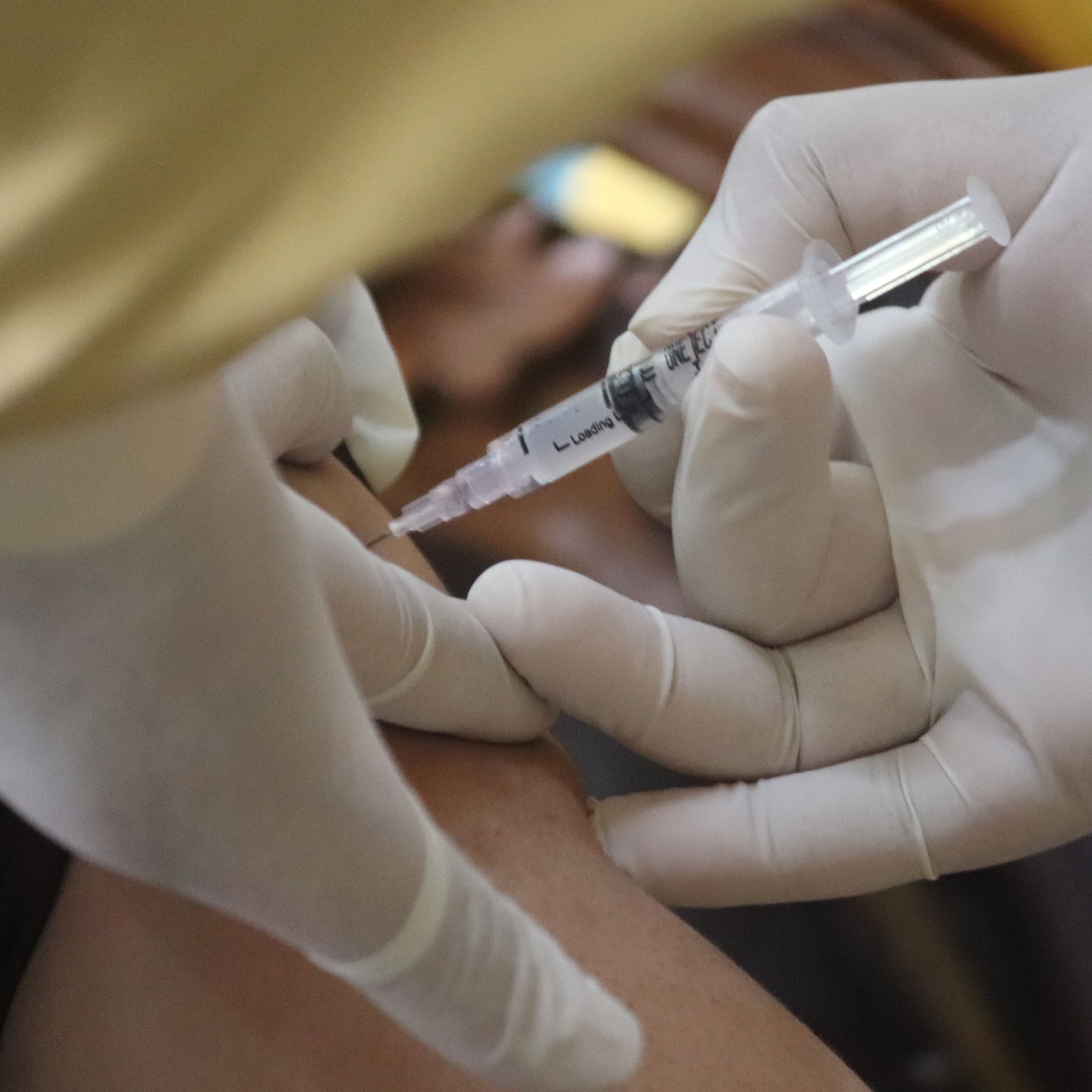Article
Study: Vaccinations Wrongly Blamed for Epilepsy
Author(s):
Physicians are often tasked with explaining vaccination safety to concerned parents. Parental fears that routine vaccines can trigger neurological diseases have led to decreasing vaccination rates in some countries and subsequent outbreaks of preventable illnesses. A team of Dutch researchers has debunked the idea that vaccination can cause severe epilepsy

Physicians are often tasked with explaining vaccination safety to concerned parents. Parental fears that routine vaccines can trigger neurological diseases have led to decreasing vaccination rates in some countries and subsequent outbreaks of preventable illnesses.
A team of Dutch researchers has debunked the idea that vaccination can cause severe epilepsy. They found that in a group of 14 epileptic children whose doctors blamed their illness on vaccination, 11 actually had underlying neurological problems. “In most children with epilepsy onset after vaccination, genetic or structural causes of epilepsy can be identified,” said Nienke Verbeek, MD MSc, of the Rudolph Magnus Institute of Neurosciences at the University Medical Centre Utrecht, Utrecht, NL.
Writing in Pediatrics, she described a retrospective study of the medical records of 990 cases over 10 years in which children had seizures that might have been related to vaccination. All had their first seizure within 24 hours of being vaccinated with an inactivated vaccine, or 5 to 12 days after getting a live attenuated vaccine. The children were all younger than 2 when vaccinated. The data were available because the Dutch National Immunization Program’s safety surveillance system tracks such adverse events.
The vaccinations included DTP, inactivated polio vaccine, influenza b, and MMR.
In most cases (945) there was no diagnosis of epilepsy. But epilepsy was diagnosed in 45 children. Eliminating the cases of 19 children who were already known to have epilepsy before getting vaccinated, the researchers then looked at the other 26 cases, a group winnowed to 23 due to problems getting parental consent for follow-up or in reaching parents.
Verbeek and colleagues found 65% of the children in this group had underlying neurological problems, including Dravet syndrome also known as severe myoclonic epilepsy of infancy.
In the rest of the cases of vaccination-related onset of epilepsy, no cause was found, but the authors suggest that a genetic link might emerge with further testing or that they might have found one had the medical records in these cases been more complete.
They also noted than in one-third of the cases of children who had epileptic seizures, the children “had relatively benign epilepsy with good outcome, showing that vaccination-related epilepsy onset does not necessarily have a poor prognosis.”





